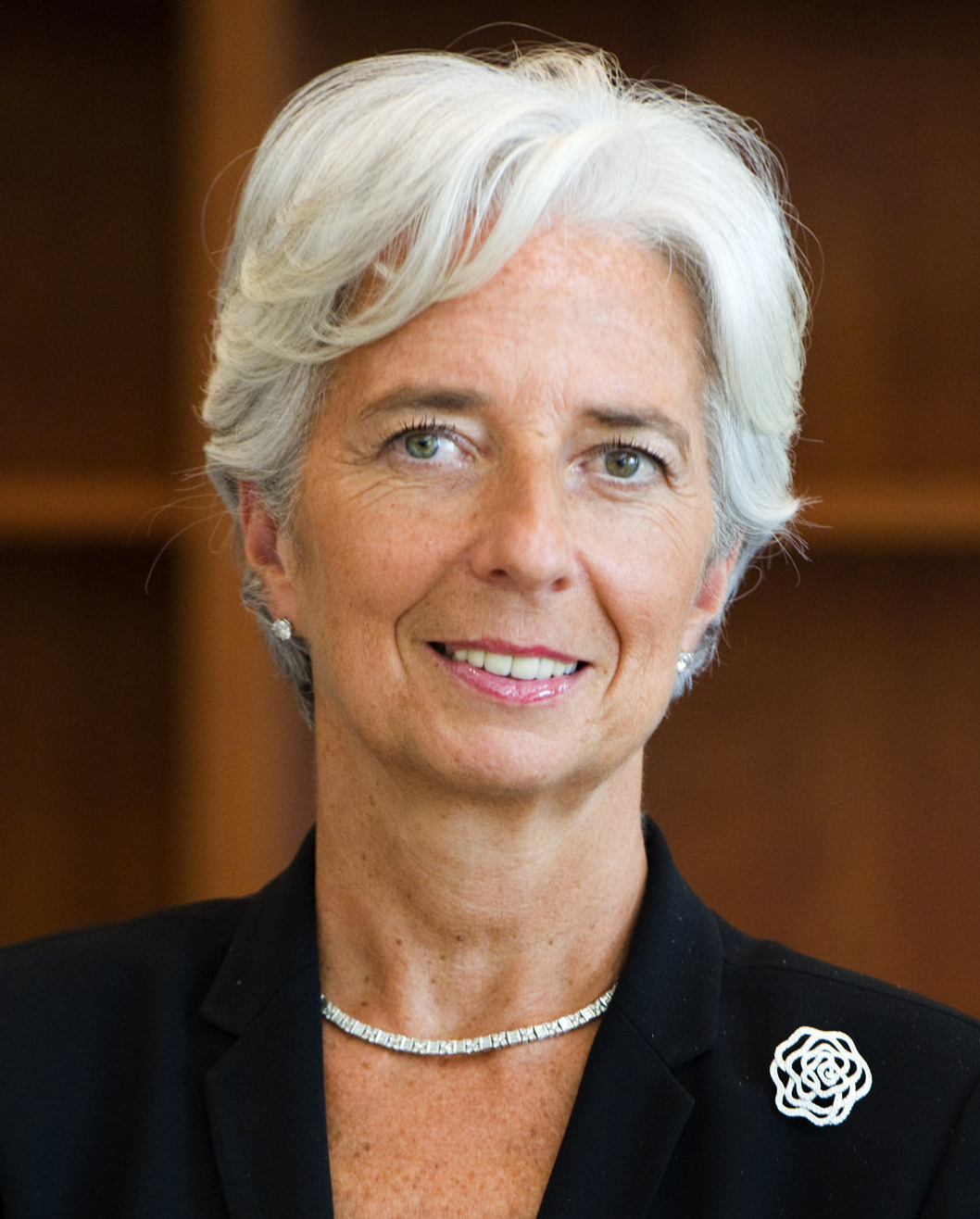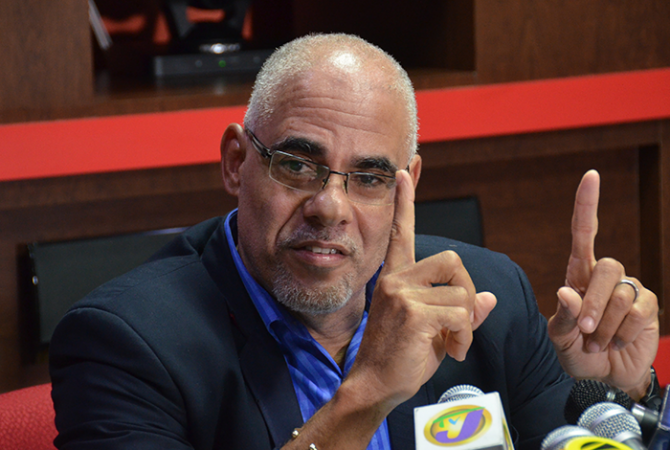Excerpt from Observer column for MON 23 SEPT 2019
by Jean Lowrie-Chin
Jamaica can be proud that we have been able to step
out from under the wing of the IMF on stronger legs after a relationship which
started in 2013 when the country entered into a four-year US$932-million
Extended Fund Facility (EFF), followed by a US$1.6-billion Precautionary
Stand-By Arrangement (PSBA) which ends in November of this year.
 |
| Former IMF Managing Director Christine Lagarde |
Former IMF Managing
Director Christine Lagarde addressed the Jamaica House Press Conference via
video last Wednesday: “Through two programmes, two different administrations with very
strong commitment, you have managed to actually create jobs, to reduce the
unemployment level to the lowest ever, you've reduced debt by 50 percentage
points of gross domestic product (GDP), you've managed to stabilize inflation
and you've managed to accumulate reserves.”
She tweeted: “Congratulations @AndrewHolnessJM and #Jamaica for a successful program that has helped the Jamaican
people. Jamaica’s achievements are not only in the sound economic policies, but
due to their own creativity. @CentralBankJA used reggae to explain inflation targeting.”
Of note is the restraint shown by civil servants, nurses,
teachers and the security forces as Government appealed for patience in our
effort to stay on plan.
 |
| Keith Duncan, EPOC Chairman |
Ms Lagarde commended the work of the Economic Programme Oversight Committee (EPOC) formed in 2013 and co-chaired first by Richard Byles and the then Bank of Jamaica Governor Brian Wynter. Byles was succeeded by financier Keith Duncan in 2016, and Duncan continues as the sole Chair of an expanded EPOC which will continue its oversight of Jamaica’s economic programme after the end of the PSBA.
In welcoming members of civil society to EPOC at the signing
of an MOU with Finance Minister Dr Nigel Clarke last month, Duncan noted, “We
also believe that it is extremely important that civil society has a voice in
Jamaica's economic programme that we are plugged in, that we understand where
we are in this programme, what our targets are, where are we going as a
country, as we move towards economic independence.”
Of course, this is
no time for Jamaica to relax. Our number one problem is crime. We can debate the State of Emergency (SOE)
endlessly but the fact is, we have to do something radical to stem this
horrible loss of lives until we can develop the social programmes to ensure
that our youth at risk are educated and job ready. What produces these
cold-blooded gunmen, these out-of-control taxi drivers and these foul-mouthed
harassers and windshield wipers? There are myriad studies; hopefully we can
arrive at answers and solutions soon.
Criminal activity
and careless road users are stressing our health system. Surgeries have to be postponed,
blood supply runs low because of the endless stream of casualties arriving at
our various emergency rooms throughout the country. Families are plunged into poverty with the
tragic loss of their breadwinners, affecting children’s education and living
conditions. We recently met a once bright high school student whose marks
suddenly fell and whose enthusiasm for learning disappeared. We learned that she had lost her caring
father to gunmen and was in a state of prolonged grief, despite the counselling
being offered.
And so, we see
that crime is holding us back on many fronts, though we must acknowledge the
efforts being made. Commissioner of Police Major General Antony Anderson and
JDF Chief of Staff Lieutenant General Rocky Meade are outstanding leaders. The
PSOJ initiative Crime Stop, which celebrated its 30th Anniversary
this past weekend has been able to give sizeable rewards, sponsored by
corporate Jamaica. Neighbourhood watch groups have been able to keep crime down
in communities.
We applaud the
‘Liv Gud’ campaign though we are a bit puzzled at the spelling – not sure why
we could not simply call it ‘Live Good’. ‘Jamaica Moves’ works just fine. Now
to engage Jamaicans at school, work and in communities to act out this call,
showing more respect, care and compassion.
The IMF’s stamp of
approval is tempered by sober advice: “Nonetheless,
to fully achieve Jamaica’s considerable potential will require renewed
attention to supply side reforms to address crime, support agricultural
resilience, and invest in education and healthcare. The government is also
committed to expanding social assistance for those in need through better
coverage of the PATH program and support for the elderly.”
